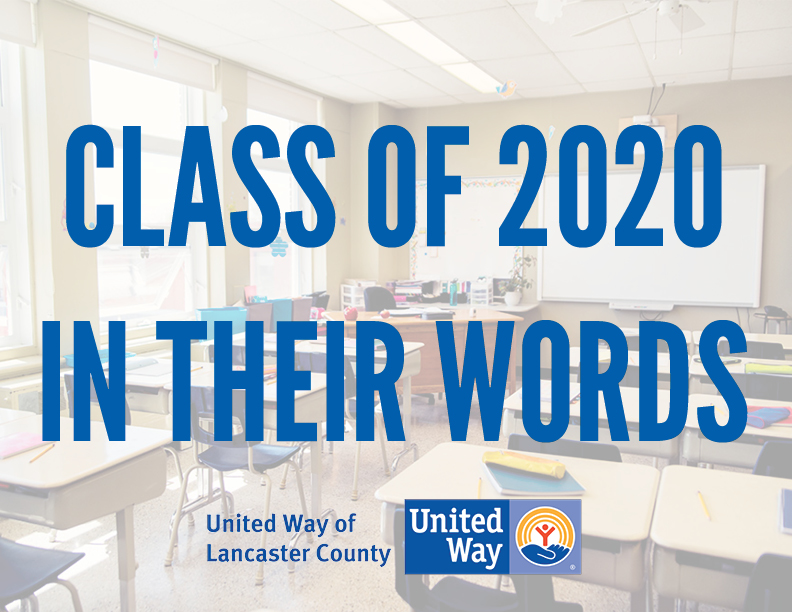
The 2019-20 school year has been unlike any other. As the school year comes to a close, OneUnitedLancaster invited local educators, students and their families to reflect on the past school year, in their words...
As our communities were impacted by COVID-19, higher education also faced many challenges. The pandemic required educators to quickly pivot to a new stay-at-home normal. I left my campus office in mid-March and haven’t yet returned, now three months later. The conclusion of the academic year is always a hectic time but with the move to remote teaching it was historic.
What Millersville University excels at is the strong relationships between students and instructors. We embraced how to maintain those relationships during uncharted times. Technology was key and it was important to remember that students who are often viewed as more technology-savvy than their instructors still needed assistance. University administrators were quick to understand the need and provide solutions. One of the activities that typically occurs after break (spring and fall) is advising for the upcoming semesters. While academic advising could be accomplished through e-mail, Zoom played a crucial role in maintaining relationships and understanding student needs. While different than meeting face-to-face, two-way video provided me the opportunity to ask about their adjustment to the new “normal” and how it might impact their courses.
Along with advising, connections with students in courses also required flexibility. There were many different ways in which student's lives changed. Many were unexpectedly back in their hometown having to leave campus and off-campus jobs, friends and housing behind. This meant many students were now back home with younger siblings or other family members, sometimes serving as caregivers while their parents, some on the frontline of the Covid-19 crisis, were working. Others, suddenly without previous jobs, shifted to working retail in their home areas while finding it difficult to turn down double-shift or other overtime when their new employers needed them.
From a teaching perspective, one might think it was only a matter of shifting from a traditional classroom to an electronic classroom on Zoom but that was not appropriate nor practical. The need to teach in an asynchronous environment – where students can complete their work at 2 p.m. or 2 a.m. – was required due to changes in student schedules while still maintaining the quality my courses required. This sometimes meant changing from things I always did in-person to video versions. For example, my public speaking course changed from giving three in-person speeches before spring break to the fourth and final one given and recorded on video while still allowing other students to provide feedback to their colleagues, as was the case with earlier speeches. In addition, students were engaged in online discussion boards answering prompts from the instructor to further topic exploration. Of course, I responded to groups and individuals – sometimes in real-time through optional course-based Zoom question-and-answer sessions – as questions came up. Our class discussions continued but in new ways.
In higher education, we sometimes talk about the need to prepare students for a world unknown to them when they begin their studies. Spring 2020 was very much a reflection of that need. Those completing an undergraduate degree have developed expanded critical thinking skills and a broad and diverse knowledge base. Also, crucially important is their ability to adapt. I am very proud of my students and their recent work facing unprecedented world events. Not only did they adapt but most excelled in our new world.





